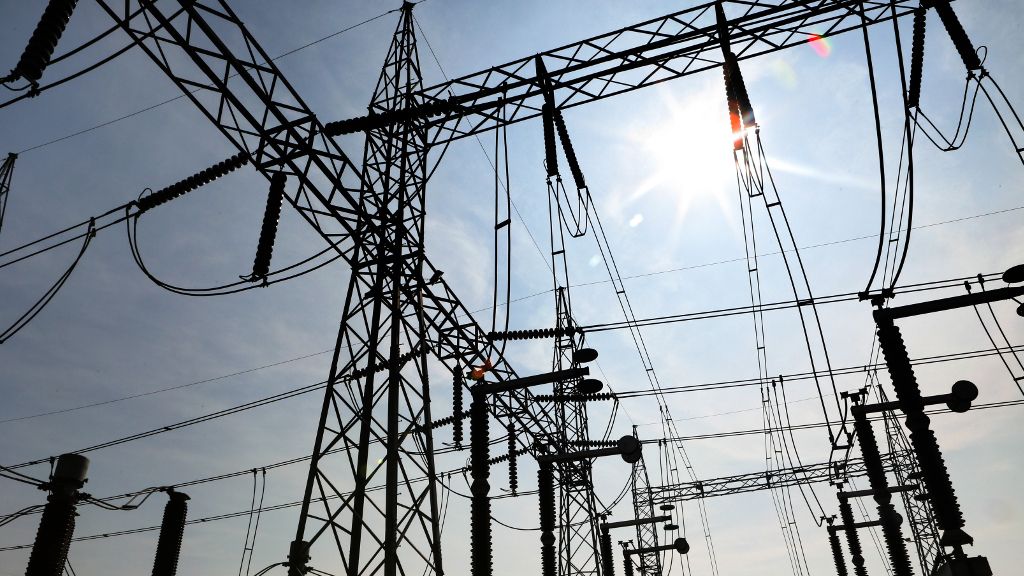
By Syed Shukur Ali Shuvo
DHAKA, March 20, 2022 (BSS) - The efforts for enabling people access to
quality and reliable electricity continue as the government ensured balanced
development across the country.
"The sagacious and timely steps of the government, the country have achieved
an unprecedented success in the power and energy sector for the last 13
years," State Minister for Power, Energy and Mineral Resources Nasrul Hamid
told BSS.
He said electricity generation at this moment is 5 times higher compared to
2009.
He also said the country is getting rid of the load-shedding crisis as its
residents are coming under 100 percent electricity coverage to be announced
tomorrow.
Nasrul said Bangabandhu's worthy daughter Prime Minister Sheikh Hasina's
time-fitting steps forwarded the country a lot especially in power and energy
sector.
"Today's Bangladesh is in the process of transformation. After Bangabandhu,
Prime Minister Sheikh Hasina has brought Bangladesh to the pinnacle of
success in all areas especially in power sector," he added.
According to the ministry's information, about 100 percent people are now
getting power supply, which was only 47 percent before 2009.
It said the government has installed 121 power plants, which was only 27
before 2009 and the power generation capacity has stood at 25,514 MW and
power connections have been increased to 4.21 crore from 1.08 crore.
Total power generation capacity of the country (including captive and
renewable energy) has increased to 25,514 MW.
In the context of implementation of the prime minister's pledge to deliver
electricity to every household through integrated development of production,
transmission and distribution system, 100 percent people of the country is
coming under the electricity coverage.
The ministry said over two crore people have been brought under power
coverage through 60 lakh solar home systems and presently, 33 power plants
having 13,219 MW electricity generation capacities are under construction.
Besides, constructions of Matarbari, Rampal, and Nuclear power plants are
going on in full swing for ensuring uninterrupted electricity in the country,
as power demand is increasing day by day, officials said.
Talking to BSS, Director General of Power Cell Engineer Mohammad Hossain said
that Bangladesh has achieved self-reliance in electricity and brought every
house under power supply through submarine and solar home system.
"There is no load-shedding in capital Dhaka now as dwellers are hardly facing
any disruption of power supply and it was possible due to dynamic and
visionary leadership of Prime Minister Sheikh Hasina," he said.
A consumer from Mirpur area Abdul Wahab said he experienced severe load
shedding before 2009 and now he is getting electricity round the clock.
He said the present government made tremendous success in power sector
because of the farsighted and capable leadership of Prime Minister Sheikh
Hasina.
The government is also importing 1,160 MW power from neighbouring country.
Currently per capita electricity generation reached 560 kWh.
The government has provided power connections to 3.11 crore new consumers
with expansion of 3.59 lakh kilometres new distribution line and 5,213
circuit kilometres transmission line in the last 13 years.
According to the Power System Master Plan (PSMP) 2016, Bangladesh has an
aspiration to become a high-income country by 2041 with increasing the
country's power generation capacity to 60,000 MW.
Prime Minister Sheikh Hasina-led Awami League government has a target to
generate 60,000-MW electricity by 2041, as the government materialized its
earlier vision-2021 by increasing generation capacity to 25,514 MW from
24,000 MW, it said.
"The government is very much optimistic to bring 1200 MW power from Matarbari
Coal Fired Power Plant by 2024 and another 1200 MW in phases," Nasrul Hamid
said.
"In the context of Bangladesh, solar power is more promising than other
renewable energy sources. But expansion of solar power system needs more
land, so we are looking for innovative solutions. We are moving towards
rooftop solar and floating solar technology," he said.
Nasrul said, "We want to increase the share of power generation from
renewable sources to 40 percent by 2050. Therefore, the power-related master
plan is being updated."
With sincere and relentless efforts of the government the per capita
electricity generation reached 560 kWh, which was only 220 kWh in 2009, he
said, adding that the system losses came down to only 5.85 percent from 14.33
percent.